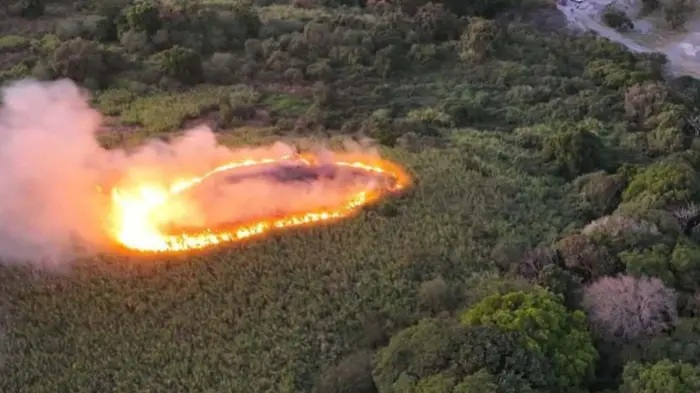US ELECTION: Guarding your vote

By Mark Scheinbaum
MIAMI (SEPT. 13)—The U.S. presidential campaign dominates much of the domestic and often the international news these days leading some folks to wrongly conclude that a “campaign” is the same as an “election.”
In a rapidly changing world of early voting, voting by mail, exit polling and widely differing and lagging technologies of 50 states, the election process itself needs some scrutiny.
In Miami-Dade County, Florida, there are approximately 1.25 million registered voters.
Having had the opportunity to work with the office of the elections supervisor during the last primary election, I was astounded by the six to ten thousand temporary employees who are brought in for every election, big or small.
Thousands of your friends and neighbors often train for days or weeks or even months for the task of protecting the sanctity of your ballot.
Getting the ballot right and guarding your secrecy is always the goal.
There are glitches and there are occasional scandals in the USA but mostly it is an amazing reaffirmation of democracy that so many people dedicate so many hours for little or no expense money to make the system work.
Yet it is also obvious that younger people don’t like waiting on line and older people find voting in person difficult. New technologies tempt some activists with short term answers to complex long term problems.
There are companies now designing sophisticated software to track early voting patterns. Even on Election Day before all the polls have closed there are some politicians and analysts looking to game the system to a winning advantage.
These challenges to election fairness sometimes require patience and knowledge by the public.
Questions
“If I can punch a number into a machine and get $100 from an ATM machine anywhere in the world, with my account protected, why can’t I vote in 30 seconds from a machine and walk away?” is the type of question one hears often.
In the age of Amazon Prime, or Google Maps, or Uber on demand, why would voting be complicated beyond a few seconds online, by phone or at a kiosk?
It might be simplistic, but it is true: your ATM or Amazon experience is THE OPPOSITE of what voting requires in an election.
Your debit card system is geared to speed and accurately identifying you and you alone and making sure you are credited or debited correctly as needed.
The flip side means Election Realty: Elections require a swift but reliable system of NEVER tracking your identity. There can be no I.D. trail. There must never be a way of going back and seeing who voted when for whom.
The registration and voting system must always be fine tuned to protect your identity. There is always the risk of getting your polling site wrong or providing you with only a provisional ballot until a question about your registration can be resolved, but the ultimate sanctity and secrecy of the vote must be maintained.
Hackers
Hackers and crooks have shown us what a tough job the elections folks have these days.
Finally, the sheer number of voters for major races such as the presidential elections means early voting—or now called “voting by mail” in some jurisdictions, is essential in handling huge turnouts.
In some cities you might now find almost half of the voters casting their ballots prior to the actual Election Day.
For convenience and efficiency this might be the essential future of voting in a democracy. But more questions remain about socio-political ramifications of this efficiency?
When neighbors gather, wait in the rain, take a few hours off from work, show their kids how a vote is cast, or celebrate their first vote (either because of age or new citizenship) do we cement the common values of a nation?
Is something lost when a stamp on an envelope replaces someone handing you a last minute palm card for mayor or senator, or a cup of hot coffee on a predawn voting line?
Thus, the campaigns and the candidates get the headlines, but on Election Day and for the year before and the months after, thousands of folks are trying hard to make the system meaningful under difficult circumstances.
Conspiratorial theorists will tell you all the reasons the election process is flawed. I thought it might be nice to thank all of the people who work to make elections a success.
Mark Scheinbaum is a political scientist and managing director of Shearson Financial LLC and his opinion is his own.





